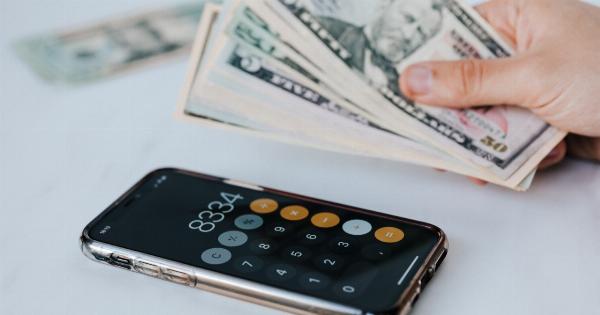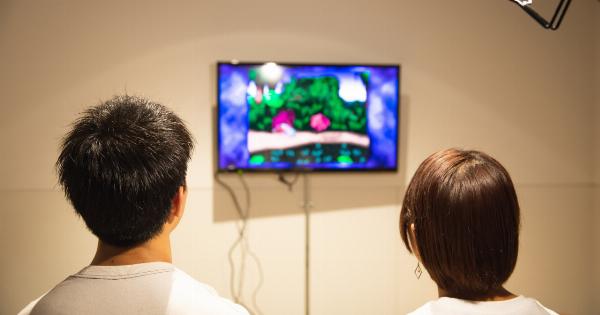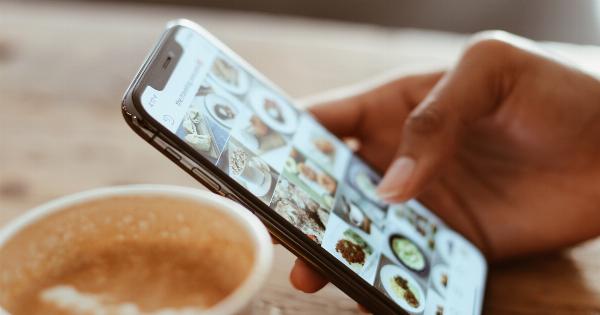It comes as no surprise that mobile phone addiction has become a prominent issue in modern society. With the rapid advancement of technology, smartphones have transformed into powerful devices that have taken over our lives.
They are no longer just a means of communication; they have become an integral part of our existence. The addiction to mobile phones has now reached such a level that it has been officially recognized and given a name – nomophobia.
What is Nomophobia?
Nomophobia is a term coined to describe the fear or anxiety of being without one’s mobile phone or being unable to use it for any reason.
The word itself is an abbreviation of “no mobile phone phobia.” This phenomenon has gained significant attention in recent years as more and more people find themselves unable to disconnect from their devices, leading to adverse effects on their physical and mental well-being.
The Prevalence of Nomophobia
Nomophobia affects people of all ages and backgrounds. It has become a widespread problem, especially among the younger generation who have grown up in a digital world.
According to a study conducted by the UK Post Office, 53% of mobile phone users in Britain tend to experience anxiety when they misplace or lose their phone. Furthermore, 58% of respondents reported checking their phones at least once every hour, even if they did not receive any notifications.
These statistics highlight the extent of the issue and the dependence individuals have developed on their mobile phones.
The constant need to stay connected and fear of missing out on important information has become deeply ingrained in our daily lives.
The Signs and Symptoms
Recognizing the signs of nomophobia is essential for addressing the problem and seeking help if necessary. Some common symptoms of nomophobia include:.
-
Constant Smartphone Use
Individuals with nomophobia may find it difficult to resist the urge to constantly check their phones, even in inappropriate circumstances. This behavior can interfere with relationships, work, and daily activities.
-
Withdrawal Symptoms
When separated from their mobile phones, individuals with nomophobia may experience withdrawal symptoms similar to those associated with substance abuse. These can include restlessness, irritability, and increased anxiety.
-
Obsessive Thoughts
Constantly thinking about one’s phone, worrying about missed calls or messages, and feeling anxious when unable to use the device are all indications of nomophobia.
-
Disrupted Sleep Patterns
Using mobile phones right before bed can disrupt sleep patterns, leading to insomnia or poor sleep quality. This can have a profound impact on overall health and well-being.
The Impact on Physical and Mental Health
The excessive use of mobile phones and the resulting nomophobia can have detrimental effects on both physical and mental health.
From a physical standpoint, prolonged smartphone use can lead to issues such as eye strain, neck and back pain, as well as disrupted sleep patterns. Furthermore, the sedentary lifestyle associated with excessive phone use can contribute to weight gain and decreased physical fitness.
Mentally, nomophobia can lead to increased stress levels, anxiety, and depression. The constant need for validation through social media platforms can negatively impact self-esteem and result in feelings of isolation.
It can also affect concentration and productivity, resulting in difficulties at work or school.
Overcoming Nomophobia
Recognizing and addressing nomophobia is crucial for individuals seeking to regain control over their lives and reduce the negative impact of excessive smartphone use. Here are some strategies that can help:.
-
Limit Screen Time
Setting specific time limits for phone use can help individuals gradually reduce their dependence on their devices.
This can be achieved by using apps or built-in settings that track screen time or enable the user to set time limits for certain applications.
-
Create Phone-Free Zones
Designating certain areas, such as bedrooms or meal times, as phone-free zones can help establish healthier boundaries and promote face-to-face interaction between individuals.
-
Engage in Hobbies
Encouraging individuals to engage in activities they enjoy, such as exercising, reading, or engaging in creative pursuits, can help reduce phone usage by providing alternative sources of fulfillment and entertainment.
-
Practice Mindfulness
Mindfulness techniques, such as meditation or deep breathing exercises, can help individuals become more aware of their phone usage and make conscious efforts to disconnect and focus on the present moment.
The Role of Society and Technology
Addressing nomophobia requires a collective effort from both society and technology developers.
Education and awareness campaigns can help individuals understand the risks associated with excessive phone use and provide strategies for managing their dependence on mobile phones.
Technology companies can also play a significant role by implementing features that promote digital well-being.
For example, introducing “digital detox” options that temporarily restrict access to certain applications or implementing features that remind users to take breaks from their devices can have a positive impact on reducing nomophobia.
In Conclusion
Nomophobia, or mobile phone addiction, has become a widespread issue affecting individuals of all ages. The fear and anxiety experienced when separated from our devices have led to significant negative impacts on physical and mental health.
However, by recognizing the signs, implementing strategies to reduce phone use, and raising awareness about the issue, we can begin to overcome nomophobia and regain control over our lives.






























